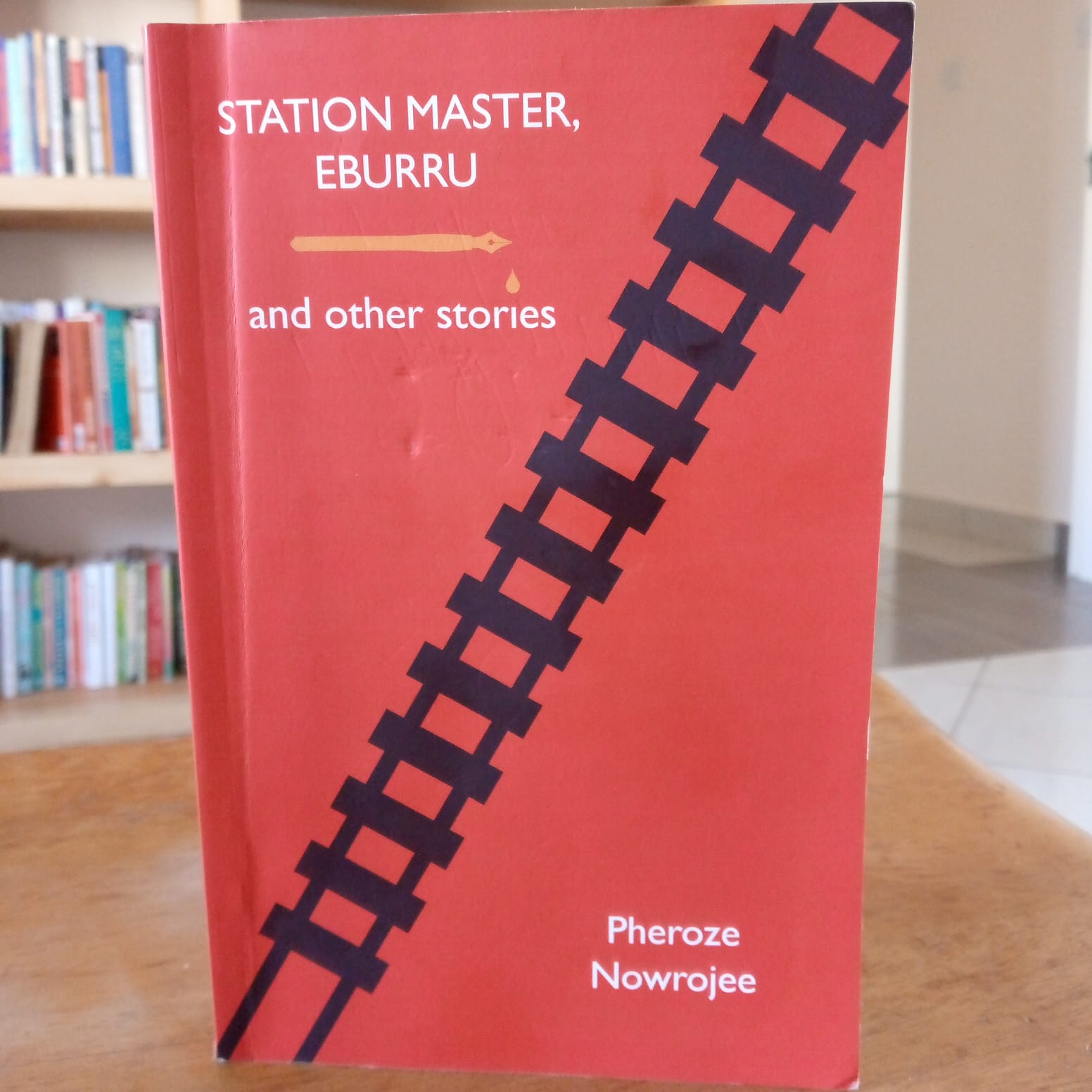Tales of defiance in the face of a colonial power

Station Master, Eburru and Other Stories.
What you need to know:
- Race and class are recurrent themes in the book.
- The author handles them tenderly, using his characters to lay bare the humanity that existed and persisted beneath the ugly layers of racism and classism in colonial Kenya.
- “Is it wrong to give food to those who have nothing to eat? To help persons who are injured?” laments Gosar, the main character in “Active in the Furtherance”.
Title: Station Master, Eburru and Other Stories
Author: Pheroze Nowrojee
Year of Publication: 2021
Pages: 157
Reviewed by: Faith Oneya
In Station Master, Eburru and Other Stories, lawyer, poet and author Pheroze Nowrojee paints an intimate portrait of the colonialism experienced in Kenya through the eyes of ordinary men and women, at a time when the “Kenyan colony was roiling with undercurrents of discomfort, disaffection and outright disobedience”.
Take Gopal Ramdass, for example, from the title story “Station Master, Eburru”, who a prosecutor calls a “persistent offender, a terrible person” with “very bad editorials”. An unrepentant Ramdass had been inspired to start a newspaper - the Colonial Mail - to apply himself “to the real issue that was before everybody these days - freedom”.
In an interesting coincidence, veteran journalist Charles Obbo, in the recently published book Pioneers, Rebels and a few Villains: 150 Years of Journalism in Eastern Africa, mentions that some of the first newspapers in East Africa were started by South Asians, “and they and Journalism in Eastern Africa their printing presses were key hubs for the nationalist movements”.
Suffice it to say that Ramdass’s story does not end well, but he will leave you, the Kenyan who’s eaten the fruits of independence, proud of his defiance at a time when doing so was tantamount to signing a death warrant.
Extraordinary circumstances
Many of Nowrojee’s characters are just like Ramdass - ordinary people, in extraordinary circumstances, doing the best that they can for their fellow Kenyans and their country.
Race and class are recurrent themes in the book. The author handles them tenderly, using his characters to lay bare the humanity that existed and persisted beneath the ugly layers of racism and classism in colonial Kenya.
“Is it wrong to give food to those who have nothing to eat? To help persons who are injured?” laments Gosar, the main character in “Active in the Furtherance”, who, in July 1953, in Mweiga, risks his family business to support the cause for freedom.

In Station Master, Eburru and Other Stories, lawyer, poet and author Pheroze Nowrojee paints an intimate portrait of the colonialism experienced in Kenya.
The charm in Nowrojee heroes and heroines lies in their audacious words and actions. They give the reader generous access to their hearts and minds as they fight a system that gives them little room to do so.
Until the lion tells his side of the story, the tale of the hunt will always glorify the hunter, so goes an African proverb. But in Station Master, Eburru and Other Stories the lions get their turn to tell their side of the story. In 14 exquisitely crafted tales.
Nowrojee has also authored A Kenyan Journey (2014), Pio Gama Pinto: Patriot for Social Justice (2007), A Vote for Kenya: The Elections and the Constitution (2013), Dukawalla and Other Stories, and Conserving the Intangible (2015).





